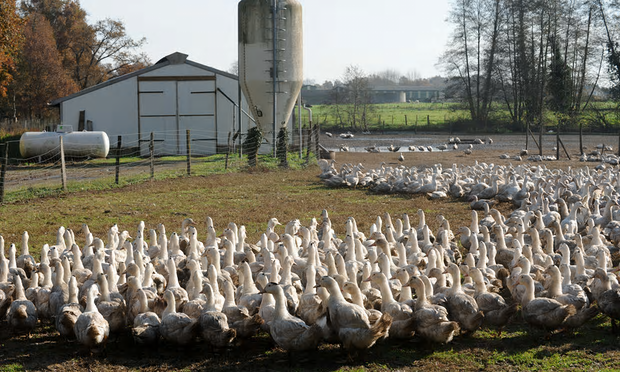An Avia Flu outbreak in Uganda is bad news, also for the travel and tourism industry.
But also for Europe as Uganda is on the migratory bird route in and out of Europe.
However, tourists heading to Uganda have been reassured that they are most unlikely to come into contact with infected birds and need not fear or resort to canceling their safari vacations in Uganda or anywhere else in East Africa for that matter.
Tests carried out on dead birds found on the shores of Lake Victoria between the capital Kampala and Entebbe, the location of the international airport, but also in Masaka District, have proved positive of avian flu, government officials confirmed late yesterday and earlier today.
Neighboring countries also bordering Lake Victoria are said to have instituted prompt measures to raise surveillance and monitoring on local and migratory bird populations to determine if the disease has also spread to their own shores.
Lutembe Bay, a major migratory bird route waypoint into and out of Africa, is one of the locations where dead birds were found.
Global organizations are also said to be preparing emergency support measures for Uganda to contain the outbreak and fight the further spread of the disease.
Uganda is among the countries in sub-Saharan Africa that face a high risk of a bird flu outbreak because it is crisscrossed by several routes for migratory birds, which are carriers of the virus.
Bird flu or avian influenza is an infectious disease of birds caused by type A strains of the influenza virus, according to World Health Organization.
The infection can cause a wide spectrum of symptoms in birds, ranging from mild illness, which may pass unnoticed, to a rapidly fatal disease that can cause severe epidemics.
According to the global health body, avian influenza viruses do not normally infect humans but there have been instances of certain highly pathogenic strains causing severe respiratory disease in humans.
Sources close to government are concerned, it is the type of avian flu not known to spread to humans but, nevertheless, have officials called to be careful not to handle domestic chicken and other poultry and in particular not to touch any birds found dead to avoid any possibility of the virus crossing over to humans.

























